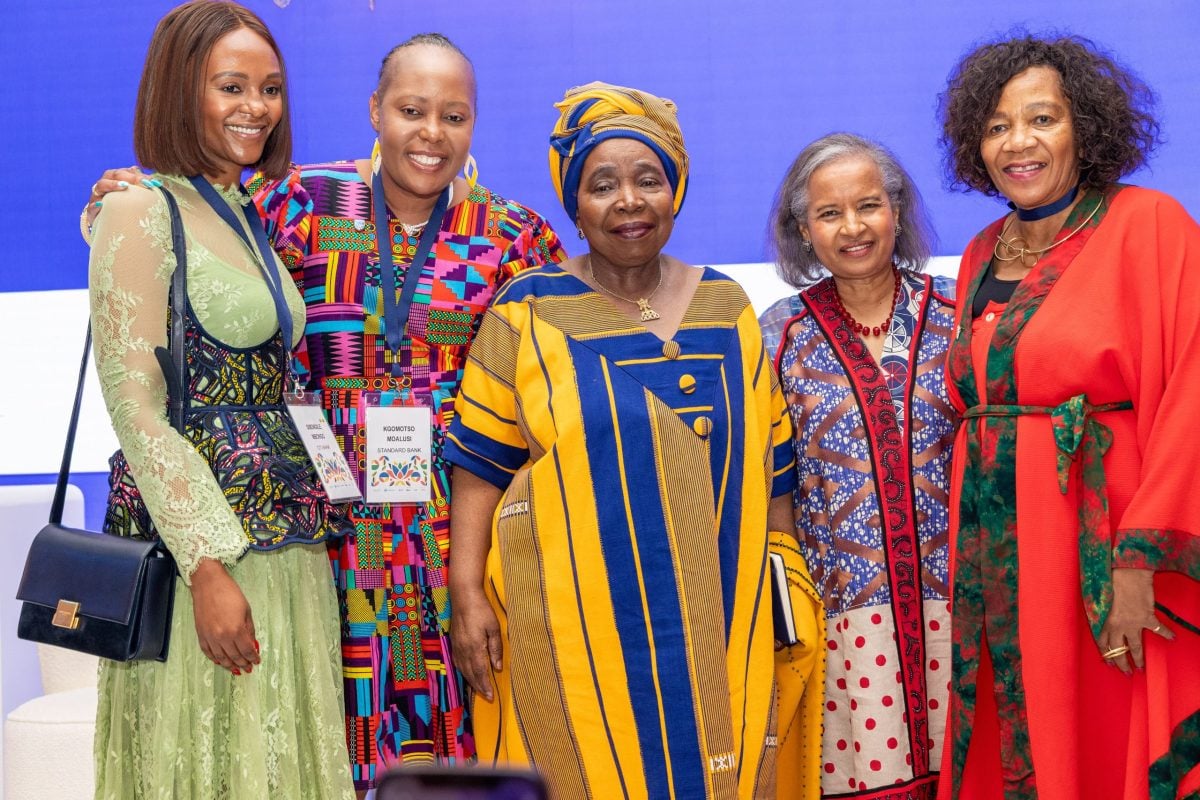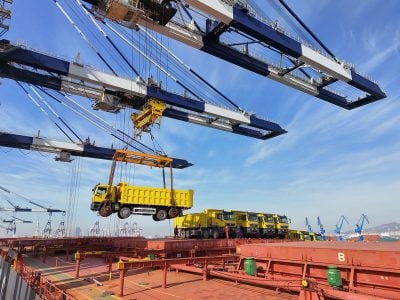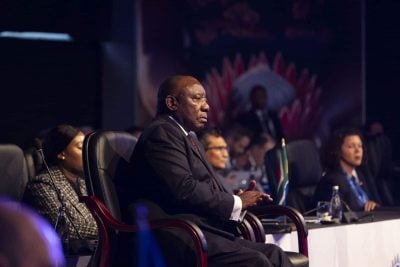Women20 (W20), the G20’s official engagement group on women’s empowerment, is pressing leaders at the ongoing meetings in South Africa to mainstream gender considerations across fiscal, monetary, and trade policy. But what does gender mainstreaming look like in practice, and why should world leaders attending the G20 support it?
Gender mainstreaming “is the embedding of gender perspectives across all working groups, not just the one explicitly focused on women’s issues,” according to UN Women.“This means finance ministers considering how monetary policies affect women differently, infrastructure discussions evaluating women’s mobility and safety, and trade negotiations assessing impacts on women entrepreneurs,” it notes in an explainer.
The UN agency says the G20 offers a unique platform to get world leaders to take decisive action on gender mainstreaming. “In a world of countless international forums, the G20’s influence is unmatched. When G20 countries commit to closing gender gaps in labour force participation or expanding women’s access to finance, the ripple effects shift global economic patterns and influence international norms far beyond G20 borders.”
“The G20 serves as a strategic lever with the capacity to drive policy coherence by integrating gender equality across economic, climate, and digital agendas, foster shared accountability through joint monitoring, and mobilize financing with intent, ensuring gender equality is resourced, not just referenced,” it adds.
Closing labour, wage and unpaid care gaps
Support for gender mainstreaming must move beyond rhetoric, argues Narnia Bohler-Muller, W20 Sherpa for South Africa’s presidency. Real progress, she notes, hinges on committing to measurable targets on key metrics and transparent public reporting on both the hits and misses.
In its political declaration to leaders, W20 unveiled the ‘Johannesburg Goals’—a landmark pledge to cut labour, wage, and unpaid-care gaps by 35% over the next decade. The goals are backed by concrete targets and public reporting mechanisms designed to hold governments to account. “We cannot afford vague promises. By 2035, we must reduce labour, wage, and unpaid-care gaps by 35%. These are not aspirations—they are obligations,” Bohler-Muller said.
The urgency of the problem in Africa is underscored by UN data showing that women’s labour force participation on the continent remains 20–25 percentage points lower than men’s. With most working women in Africa concentrated in informal and low-wage sectors– such as smallholder farming, petty trade, and domestic work – the wage gap is equally huge while access to formal financial services and social protection is limited.
Moreover, unpaid care accounts for up to 80% of women’s total work hours in sub-Saharan Africa, severely limiting their ability to engage in paid employment. To address this W20 is urging leaders to recognize unpaid care as economic infrastructure, calling for investments in childcare, eldercare, and the healthcare workforce to unlock women’s productivity.
The group is also demanding expanded access to the digital economy, finance, and entrepreneurship ecosystems. It has also urged leaders to promote skills development and institute anti-discrimination policies in workplaces.
Solidarity with women
Bohler-Muller has framed Ubuntu—“I am because you are”—as the philosophical anchor of W20s agenda under South Africa’s G20 presidency. “Ubuntu reminds us that our humanity is bound together. Gender equality is not charity—it is solidarity, and it is sustainability,” she notes.
She argues that solidarity with women is not only a moral imperative but also an economic strategy, essential for unlocking global growth. “The moral case for greater gender equity is clear, and so is the economic case. As countries around the world seek to grow their economies and reduce inequality, tapping women’s economic potential is essential.”
Ending gender-based violence is a critical priority that W20 has been particularly vocal on the need for widespread solidarity with women, noting that it inflicts both personal suffering and economic damage.
“Violence against women and girls is not only a personal tragedy. It weakens the social fabric, impedes progress, and drains up to 3.7% of global GDP. It is a collective crisis demanding urgent, united action.”
“G20 member states must urgently pass and enforce comprehensive legislation that not only holds perpetrators accountable but also ensures survivors are met with justice, care, and dignity. VAWG (violence against women and girls) must be treated as a public health emergency,” the W20 notes in its communique.
 Sign in with Google
Sign in with Google 



